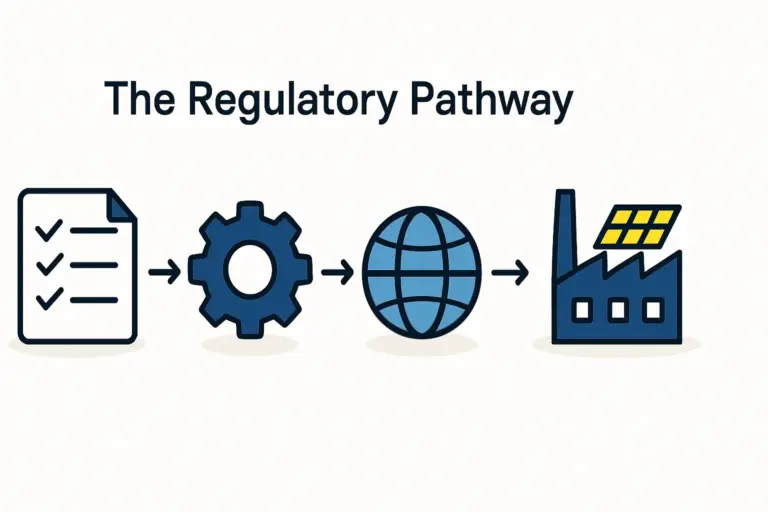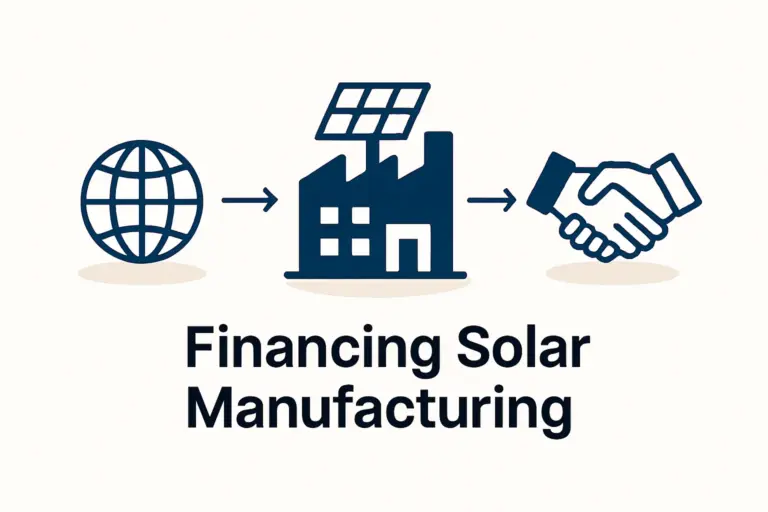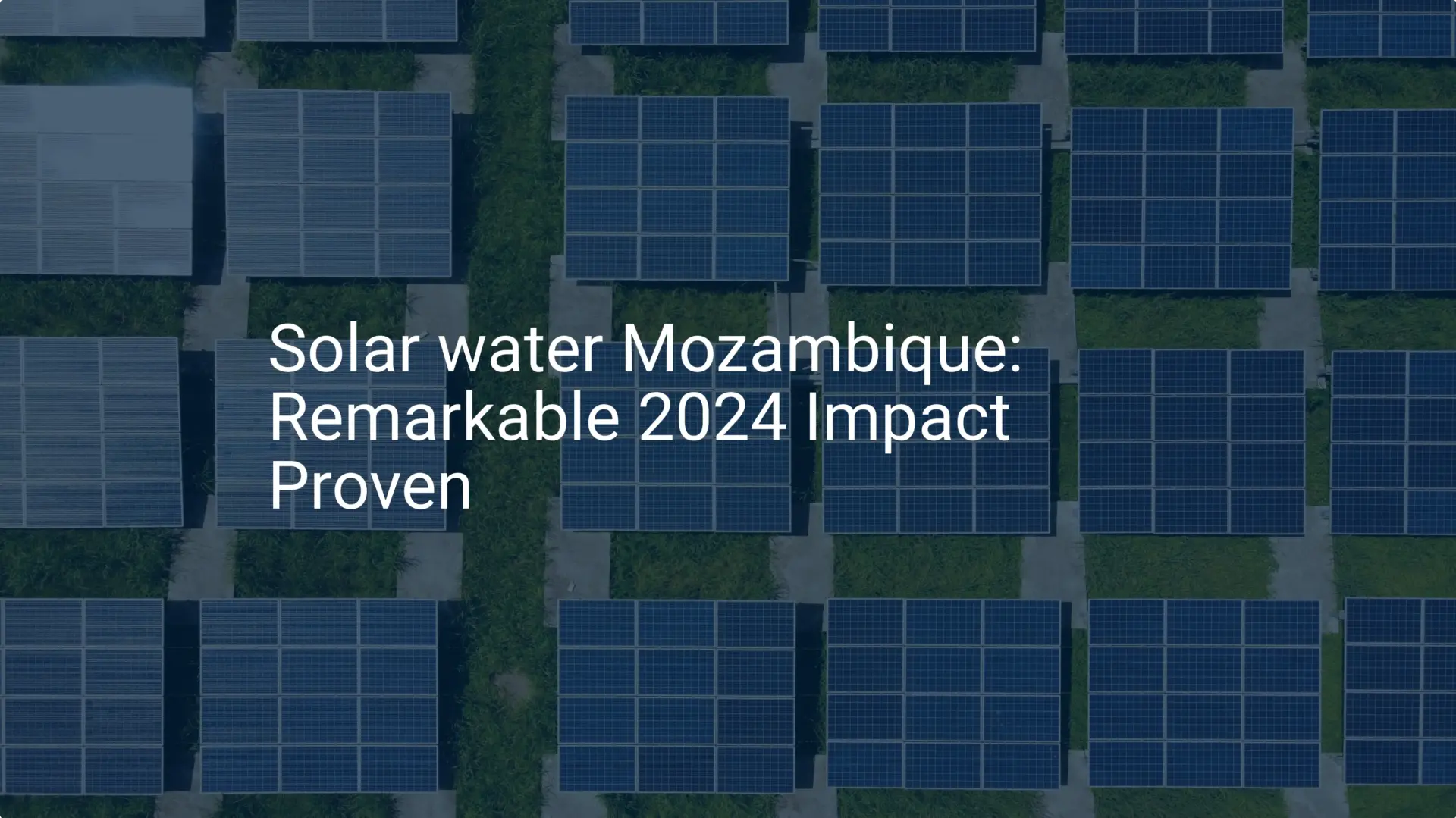An investor considering a new solar module factory often focuses first on machinery and capital. Yet experience from numerous turnkey projects shows that the most critical long-term asset is the local workforce. In a market like Mozambique, with its unique demographic profile, assessing and developing human capital is more than an HR task—it’s a core strategic pillar for success.
This article explores a practical approach for entrepreneurs and investors to evaluate the labor landscape in Mozambique. It covers the availability of skills, typical wage structures, and proven strategies for building a competent technical team from the ground up, ensuring the factory operates at international standards.
Understanding Mozambique’s Labor Landscape
Mozambique presents a distinct demographic paradox for industrial investors. While it has one of the youngest populations in the world—with a median age of approximately 17.6 years translating to a vast and energetic labor pool—its educational and technical skill base is still developing. With youth unemployment figures often cited above 40%, there is a significant supply of individuals eager for formal employment.
This dynamic creates several key characteristics:
- High Availability of Unskilled Labor: There is no shortage of candidates for general operator or material handling roles requiring only foundational training.
- Scarcity of Specialized Technical Skills: Finding individuals with prior experience in automated manufacturing, electronics, or industrial maintenance is a significant challenge. This is the primary gap an investor must plan to fill.
- Developing Vocational Infrastructure: The government has prioritized Technical and Vocational Education and Training (TVET), with institutions like the National Institute for Employment and Vocational Training (IFPELAC) playing a key role. However, the quality and relevance of these programs can vary, and they rarely produce graduates with plug-and-play skills for a specialized process like solar module assembly.
- Language and Communication: Portuguese is the official language. While English is used in Maputo’s business circles, proficiency is very low on the factory floor. Any training program must be conducted primarily in Portuguese.
An investor’s strategy must therefore center not on finding a pre-made workforce, but on building one.
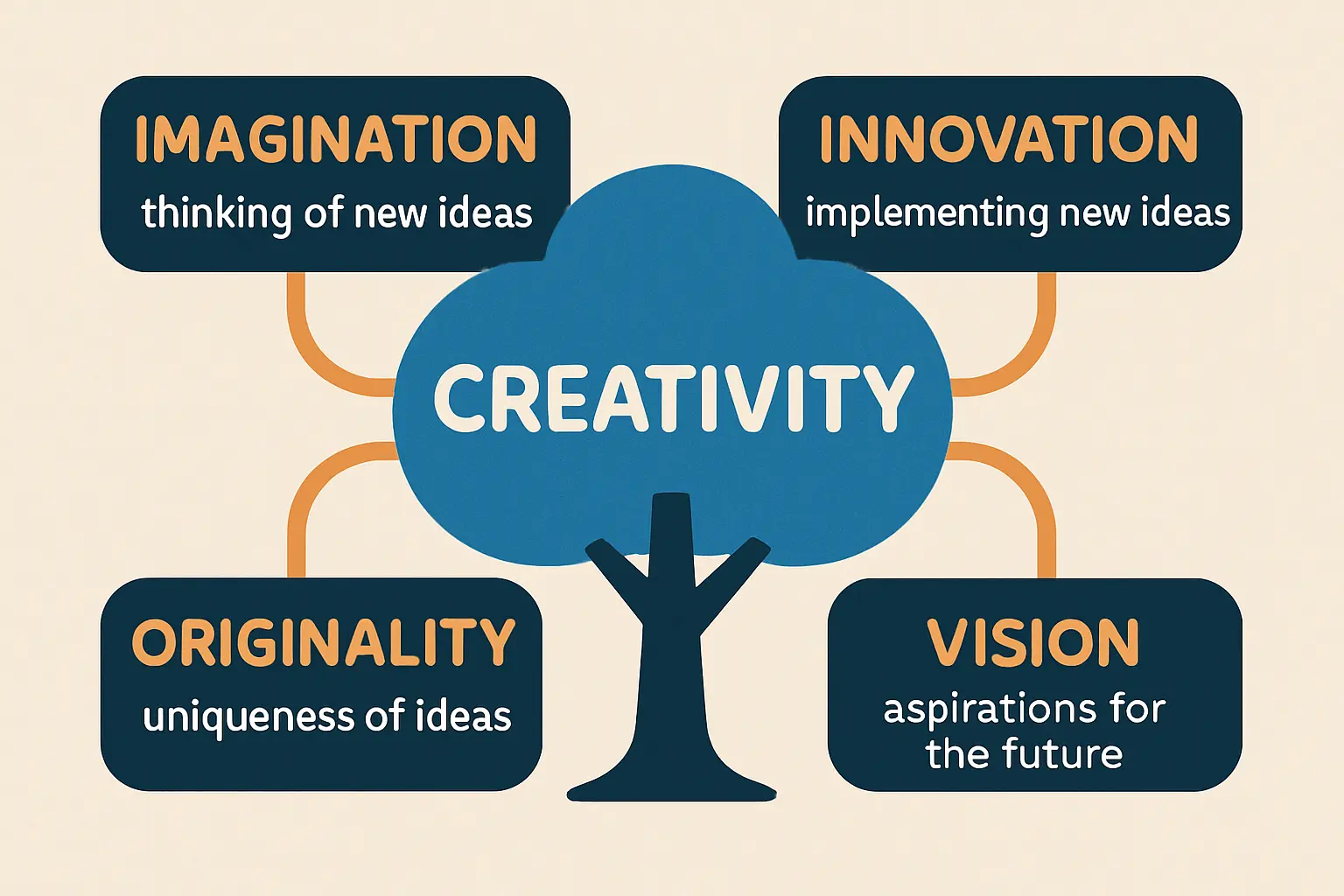
Sourcing Talent: Key Roles and Realistic Expectations
A semi-automated solar module assembly line with an annual capacity of 20-50 MW typically requires a workforce of 25 to 40 individuals per shift. These roles fall into different skill levels, directly impacting their availability in the Mozambican market.
Unskilled & Semi-Skilled Operators
These roles form the backbone of the production line, including cell stringing machine operators, lamination layup staff, framers, and testers.
- Availability: High. Candidates can be sourced from the general labor market.
- Required Profile: A secondary education, good discipline, and attention to detail are more important than prior technical experience. The ability to follow standardized procedures is crucial.
- Wage Structure: Typically benchmarked against the national minimum wage for the manufacturing sector, which varies by region but provides a clear baseline.
Skilled Technicians & Quality Control
These are the most critical roles for ensuring plant uptime and product quality. They include maintenance technicians for mechanical and electrical systems, and quality assurance inspectors.
- Availability: Very Low. This is the primary bottleneck. Finding local candidates with direct experience is highly unlikely.
- Required Profile: The best strategy is to identify individuals with a background in general industrial maintenance, automotive mechanics, or electrical work and invest heavily in their specific training.
- Wage Structure: Significantly higher than operator roles. These positions command a premium due to their scarcity and importance.
Management & Administration
This includes the plant manager, production supervisors, and administrative staff.
- Availability: Moderate. While candidates with general management experience are available, finding those with a manufacturing mindset can be challenging. An expatriate plant manager is often employed for the first one to two years to establish operations and train a local successor.
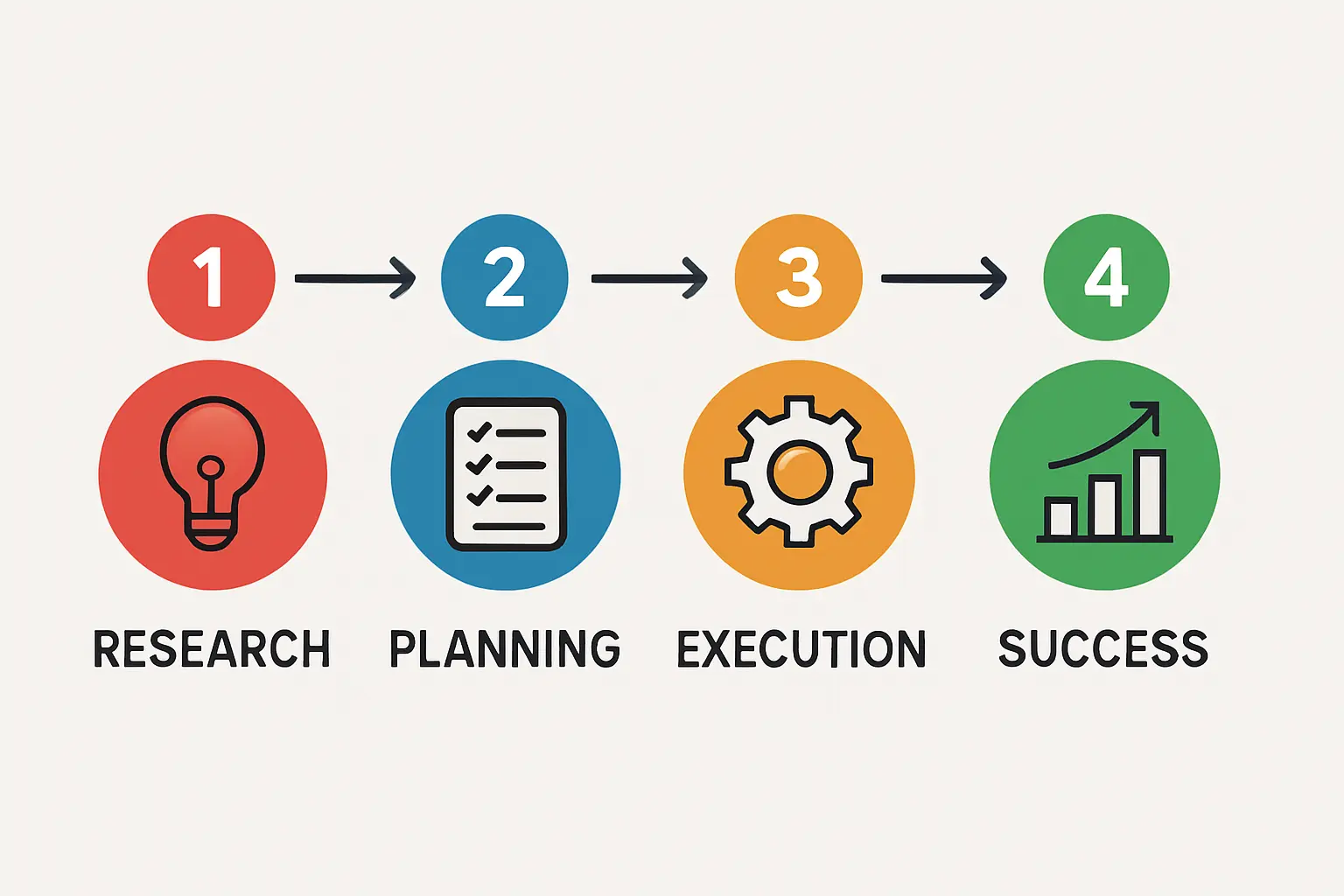
Building a Skilled Workforce: Training is Non-Negotiable
Given the scarcity of specialized skills, a new factory’s success hinges on its ability to transform raw local talent into a proficient technical team. A passive recruitment strategy will not suffice; a proactive, structured training program is essential.
There are two primary models for achieving this: establishing an in-house program or partnering with local institutions. In practice, a hybrid approach often yields the best results. A robust internal training capability is vital, as it ensures the skills taught are perfectly aligned with the factory’s specific essential machinery and quality standards.
Based on experience from J.v.G. turnkey projects, the initial training period led by equipment experts is crucial for setting the factory’s operational baseline for years to come.
Designing an Effective In-House Training Program
A successful training program is not a one-time event but a continuous process. It should be structured in phases to build skills logically, from general principles to specific, advanced tasks. This approach creates clear career progression pathways, motivating employees and fostering loyalty.
A proven model follows three phases:
Phase 1: Foundational Training (Weeks 1-4)
This initial phase is for all new hires, regardless of their role. It bridges the gap between general education and the specific requirements of a modern industrial environment.
- Core Topics: Workplace Safety (EHS), Introduction to Quality Management (ISO 9001 principles), basic tool handling, and understanding the end-to-end solar module manufacturing process.
Phase 2: Machine-Specific Operator Training (Weeks 5-12)
Employees are assigned to specific workstations within the production line. Training is hands-on and supervised by an expert trainer, often an expatriate technician or a specialist from the machine supplier.
- Core Topics: Standard Operating Procedures (SOPs) for each machine, in-process quality checks, material handling protocols, and basic machine troubleshooting.
Phase 3: Advanced Development & Specialization (Ongoing)
After several months of operation, high-potential operators are identified for advanced training. This creates a pipeline of local talent to fill more senior technical roles, gradually reducing the reliance on foreign experts.
- Core Topics: Preventive maintenance schedules, advanced fault diagnosis, calibration procedures for testing equipment, and lean manufacturing principles.

Frequently Asked Questions (FAQ)
How many employees are needed for a small-scale (20-50 MW) factory?
A typical semi-automated line of this capacity requires approximately 25-40 employees per shift, including operators, technicians, quality control, and supervisory staff. The exact number depends on the level of automation and the specific factory layout.
Is it necessary for all staff to speak English?
No. On the factory floor, effective communication must be in Portuguese. However, it is essential that key local managers and senior technicians have a working proficiency in English to communicate with international suppliers and any expatriate staff. Hiring a full-time technical translator for the first year is a wise investment.
What is a realistic timeline for training a new team from scratch?
With a structured program and expert guidance, a new team can achieve initial operational readiness within three to four months. Reaching full productivity and consistent quality, with local technicians handling most routine issues, typically takes 9 to 12 months.
How does starting a solar panel manufacturing business in Mozambique compare to other regions?
The core challenge in Mozambique is the initial investment in human capital. While labor costs are competitive, the budget must account for a comprehensive, extended training program. In contrast to regions with established manufacturing sectors, you are not just hiring employees; you are developing the first generation of skilled solar technicians in the country. This can become a powerful competitive advantage and a source of significant local goodwill.
Conclusion: Your Workforce as a Strategic Asset
For an investor in Mozambique’s nascent solar manufacturing sector, the local workforce is a defining opportunity. The challenge is not a lack of people, but a lack of specific industrial experience. A business plan that allocates sufficient resources and time for structured, expert-led training will turn this challenge into a sustainable competitive advantage.
By building a skilled local team, a company does more than just produce solar modules; it forges a resilient, motivated, and capable organization that can lead the market for years to come. Planning for this human capital development is as critical as selecting the technology and financing the project itself.


